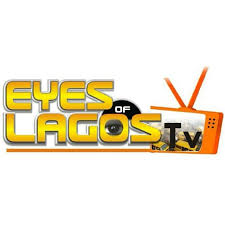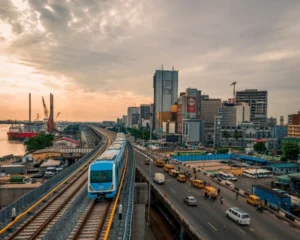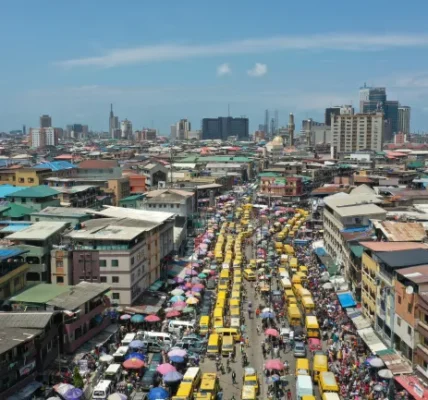In the heart of Somolu, a bustling suburb in Lagos, there’s a church unlike any other. The Christian Mission for the Deaf, established in 1956, provides deaf Nigerians with a genuine space to worship using pure sign language, drum rhythms, and community support.
Every week, 50–60 worshippers attend a Sunday service that echoes with visible prayers and vibrating drums instead of spoken words. The setting looks familiar to Lagosians—plastic chairs, a pulpit, a biblical verse painted overhead, and church ushers in sashes guiding order. But where most churches rely on audio, this one thrives on visual and tactile worship cues . Eyes Of Lagos reports,
Drum Rhythms as Worship Cues
Without sermons spoken aloud or hymns sung, the drums take center stage—thunderous beats signaling time to pray, kneel, or jubilantly sign “Hallelujah.” Congregants follow cues not by ear but through feeling vibrations, enriching spiritual engagement in a uniquely corporeal way .



A Lifeline for Faith & Community
Among congregants is Imoh Udoka, a father of two who lost his hearing at age nine due to meningitis. For decades he felt disconnected from faith communities until joining this church. Today, he teaches sign language and leads others toward spiritual reconnection. “Here, we can worship God in our sign language,” he says
Long-time pastor Remi Akinrenmi leads with dynamic sign-language sermons. His preaching ranges from messages on jealousy to themes of faith and gratitude. Congregants wave hands above their heads in affirmation, visually shouting praise even without sound
Inclusion Against a Backdrop of Stigma
In Nigeria, disability is often stigmatized, with some viewing it through superstition or belief in divine punishment. The church—and others like it—offers a much-needed safe space for the deaf community to connect, belong, and be seen.
Disability advocates echo this importance. Treasures Uchegbu, founder of Lagos-based sign language advocacy group Speaking Fingers, explains that this church provides critical social support and visibility for people who often feel invisible. “We’re not alone—we have others like us around,” she shares
Beyond Worship: Teaching & Outreach
The church doubles as an educational and cultural center. It offers sign-language classes not only to the deaf but also to hearing children—especially those of church members—so they better communicate with their parents and others. Immersion programs introduce hearing students to the world of sign language directly within services
Evangelism extends beyond the building, with outreach to other deaf communities across Lagos. This helps to foster spiritual inclusion and build a network of mutual understanding and support.
Legacy & Broader Significance
Founded by American missionary Andrew Foster in colonial Nigeria, the center began as a small fellowship and is now among the best-equipped deaf worship centers in Africa
Today Nigeria may have over 10 million deaf and hearing-impaired citizens, yet access to inclusive worship and disability infrastructure remains scarce. Despite legal frameworks existing on paper, enforcement is weak, leaving many marginalized communities underserved
Still, for members like Oluwakemi Oluwatoke-Ogunjirin—a 49-year-old Lagos state employee born deaf—the church has become more than a place of worship. “It goes beyond faith; it’s a place with people like me whom I can call friends,” she reflects, crediting the church with easing isolation and boosting her self-worth







